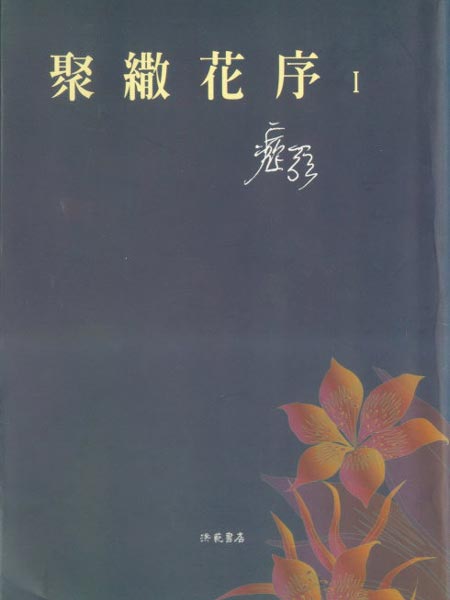 |
|
Ya Hsien has also published essays on poetry. |
"He is concerned about people at the bottom, and he refreshes contemporary Chinese language with his works."
In New Perspectives on Contemporary Chinese Poetry, edited by Christopher Lupke, Steven Riep dedicates one chapter to Ya Hsien's poetry, and points out that the poet was "deeply involved in establishing a modernist aesthetic that basically ignored the (then Taiwan) government's cultural policy".
"Ya Hsien's masterful use of irony, his haunting imagery and his experiments with terminal and circular structures set him apart as an antiwar poet par excellence," Lupke writes in the commentary's introduction.
But to readers like Zhu Ling, a reporter with The Beijing Youth, Ya Hsien charms them with a true poet's character.
"People write poems, but they're not really poets. Though Ya Hsien has not created numerous poems, he is indeed a poet throughout his whole life," Zhu says.
Ya Hsien believes poets emerge when writing is fully respected and valued. He is the kind of writer that if he places a letter in the mailbox and then realizes there are two misplaced words, he will circle the box anxiously several times, trying to retrieve his letter and correct it.
Besides writing poems, Ya Hsien has been a successful drama actor and media editor in Taiwan.
"Whatever I do, I never betray the god of poetry," he says.
He calls himself a "poet in action", who scatters poetic romance into social life, manages magazines and newspapers with poetic aesthetics, and also scouts and cultivates a younger generation of poets.
Born Wang Qinglin to a rural family, Ya Hsien's earliest literary inspiration was the tiny moving "library" of children's books on an oxcart his father drove to spread knowledge among villages in Henan.
In the 1970s, Ya Hsien became involved in the management of a supplement of Taiwan newspaper United Daily News. Over more than 20 years he turned the supplement into an incubator of young writers like Xi Murong.
Ya has a master's degree from the University of Wisconsin, and has taken part in the prestigious International Writing Program at the University of Iowa. He now resides in Canada with his family.
He collects lots of old items as decorations in his house in Canada, such as abacuses, window frames from old houses, and different types of gongs, to remind himself of his hometown.
"Gongs remind me of the days I traveled with my father on the oxcart. Once we arrived at a village, I hammered the gong, and attracted the villagers to come to read," he says.
"I still hold that the best way to refine poetry is to refine the poet's mind and behavior," Ya Hsien says.
|
|
|
|
|
|
|
|
